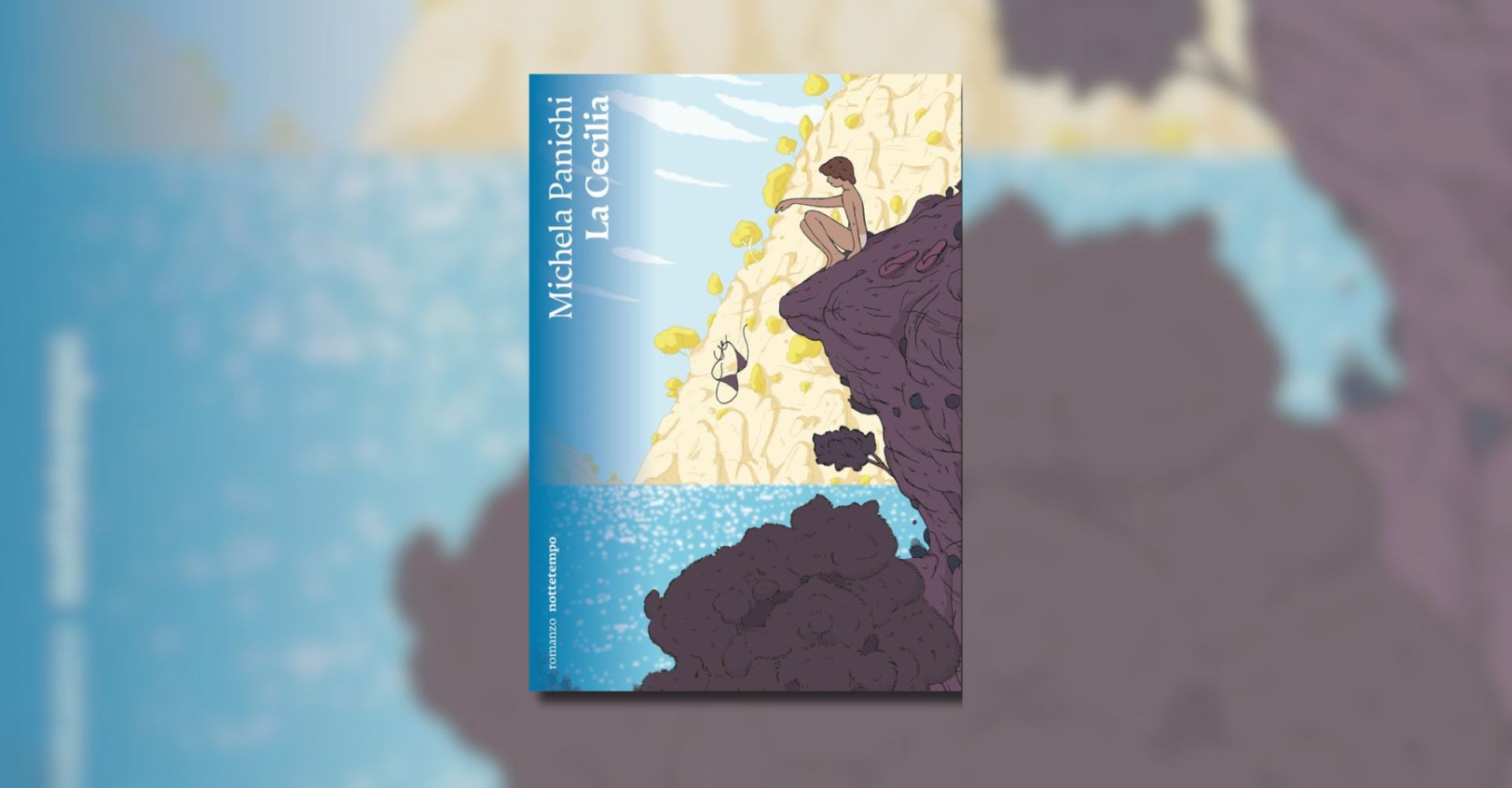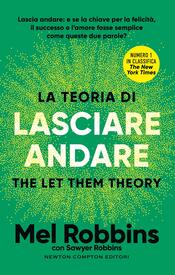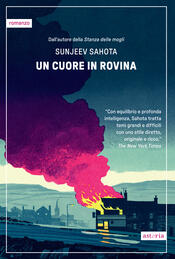

Sinossi
Fino a che punto i tedeschi divennero nazisti? Furono carnefici o vittime del terrore? Per rispondere a queste domande, che negli ultimi anni hanno molto appassionato gli storici del Terzo Reich, Peter Fritzsche si immerge nella vita privata dei tedeschi, ne esamina le lettere, i diari, le conversazioni, mostrando quanto essi stessi fossero tormentati da questa trasformazione: molti si interrogano sull'importanza di allinearsi, sull'opportunità di stare al gioco, sul dovere di non tradire la nazione. Una lotta tra pulsioni, convincimenti e compromessi, che il nazismo riuscì spesso a trasformare in conversioni ideologiche. Se nel Terzo Reich "vita e morte furono profondamente intrecciate", perché l'ideale nazista di vita tedesca era legato alla "quasi-morte vissuta dalla Germania", dopo la prima guerra mondiale molti finirono per accettare il principio che la vita dei tedeschi significasse la morte per gli altri. Fritzsche esamina gli sforzi compiuti dei tedeschi per adattarsi alle nuove identità razziali, convincersi della necessità della guerra e accettare la dinamica della distruzione incondizionata di un altro popolo.
- ISBN:
- Casa Editrice:
- Pagine: 341
- Data di uscita: 20-05-2010
Recensioni
A few years ago I read Peter Fritzsche’s An Iron Wind: Europe Under Hitler, which examined how the Nazi conquest of most of Europe permeated into its culture in the late thirties and forties. Life and Death in the Third Reich does something similar, but focuses more sharply on the culture of Germany Leggi tutto
This book has two reading levels for me. One, the directly related to the theme. It's an important contribution for the interpretation of one of the mains events of the 20th century. the support of Hitler by the Germans before and during WW II. The text is clear and well organized and may be enough
SO BORING but some of the quotes from German people were interesting I guess.
Nazificazione, la promessa di un futuro privo di paura, l'olocausto Dividerei in tre parti questo testo. Il primo spiega come la Germania dalla repubblica di Weimar si nazificò. La tesi proposta è che i nazisti ispirassero fiducia per il futuro; la disfatta del 1918 della Germania è il motivo cardine Leggi tutto
Life and Death in the Third Reich by Peter Fritzsche contends that many more Germans were Nazis and National Socialists than was previously believed. Furthermore, he argues that Germans in this period struggled with the Nazi revolution in a variety of ways, fascination and dismay being among the mos Leggi tutto
Very tough book to get started in. Once there though the author uses everyday German's diaries, boxes of momentos, etc. to establish what the average german knew and felt at any particular time during Hitler's reign and the immediate aftermath of World War 2. People's feelings change from one of exu Leggi tutto
Both a social history and a determined, patient, compassionate, but unforgiving attempt to understand why the citizens of Germany went along with the Nazis. He used a lot of primary sources--diaries and letters--and while many of the diarists were people I'd encountered before, some of them weren't, Leggi tutto
Citazioni
Al momento non ci sono citazioni, inserisci tu la prima!























